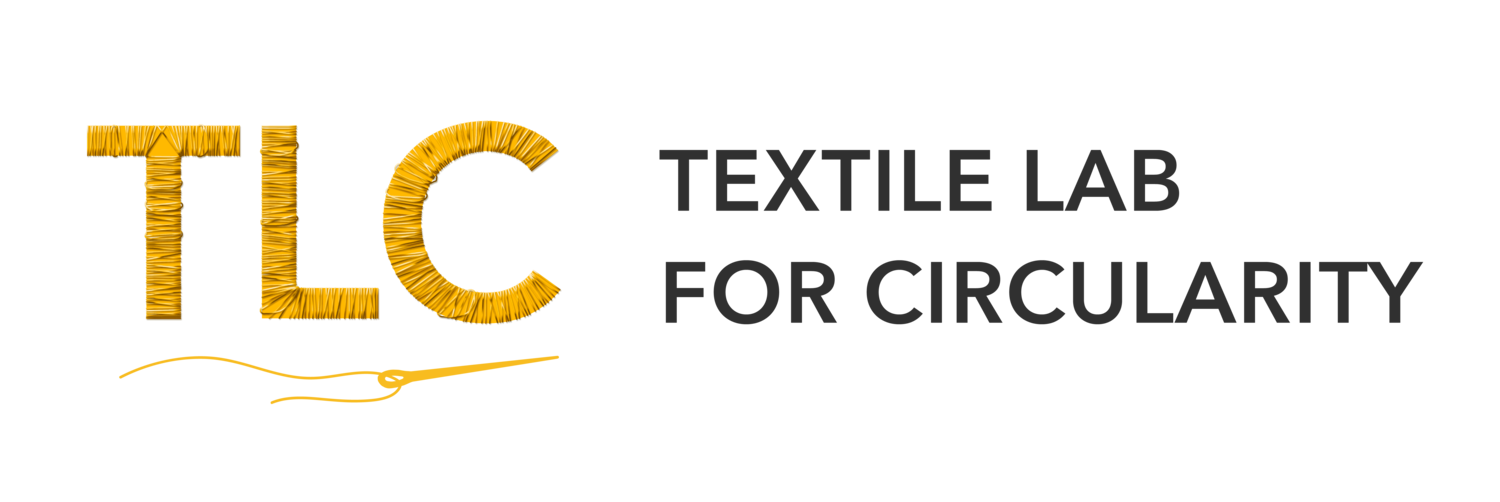We’ve been listening to your feedback! As outlined in our previous post, we’ve refined our approach based on feedback we have received from our trusted industry network. We are in a unique position, building off of the results of the 2019 textile collaborative, which defined clear strategic leverage points. We are excited to announce our new programming, designed to address key pain points of the industry, while taking tangible action on our leverage points.
Opportunities for the Circular Economy After COVID-19
Now more than ever consumers and businesses are aware of the effectiveness of collaboration and the interconnectedness of our global economy. We are aware of the risks and lack of resilience in our economic structure and existing supply chains. The private and public sector alike are looking for ways to build a resilient, low carbon and prosperous recovery with over 50 global leaders signing an agreement with the Ellen MacArthur Foundation to build back better with the circular economy. What does this look like? What opportunities are there for the circular economy in the post COVID-era?
Innovation & Investment in Waste Management
The pandemic has revealed an opportunity and urgent need for innovation and significant investments in the recycling, composting and waste management space. Not only will solutions be needed to manage existing downstream waste, but also to develop new upstream manufacturing systems to avoid future waste. Many organizations have already taken up this challenge:
Terracycle has created collection boxes for used PPE waste, which will be cleaned, melted down and molded into new products.
The Government of Canada has announced two new industry challenges to develop more compostable or recyclable PPE, as well as the systems to recycle them.
New York based Zero Waste Daniel has begun making masks out of design room scraps. Small scraps that may be unsuitable for garments, can be sewn together to create unique mask designs, while diverting the waste from landfill.
French startup Plaxtil has developed a way to recycle masks and PPE into new protective items such as mask fasteners, door openers, protective visors, etc.
Economic Opportunity for the Sharing Economy
With decreased discretionary spending during and post-pandemic, retailers will need to re-evaluate their business models. Circular business models that incorporate rentals and prolong the lifetime of a product can grow revenue streams, enhance customer loyalty, and allow retailers to tap into a broader customer base. For example, retailer take-back programs and resell allow brands to generate a second revenue stream from a single garment and access a price-sensitive consumer that they were unable to reach with the original sale of the garment. Rental and sharing businesses are already recovering, despite initial COVID-19 setbacks. Airbnb has experienced a fast comeback, with some experts predicting that it will be the preferred accommodation option over hotels post pandemic. China’s YCloset, a clothing rental company has seen recovering sales as pandemic restrictions have eased up. This provides hope that other markets will experience a similar upturn as restrictions are lifted.
Resilient Supply Chains
Just-in-time supply chains traditionally strive to balance cost with responsiveness and resiliency tends to fall to the wayside. However, the global pandemic has brought to light the risks associated with these just-in-time models and the need to increase resilience. While there is certainly opportunity to bring supply chains closer to home reducing transportation emissions, perhaps an even more powerful outcome will be increasing collaboration with suppliers to build a more resilient system that emphasises worker health and safety and environmental performance.
Social Impact Business - B Corps, etc.
The social economy focuses on economic practices that are sustainable and inclusive.The social economy has played a significant role in mitigating the economic and societal impact of COVID-19 by providing innovative solutions that complement government initiatives. The demand for this economy has never been greater as the post-pandemic need for innovations that contribute to social and economic transformation will be significant. With increased governmental support and financial tools available to the social economy there is an opportunity now for businesses to step up, and join the growing group of social enterprises.
If the pandemic has done anything, it has woken us up to the reality we are facing. Beyond the pandemic is a looming climate crisis begging for immediate action. Climate change will only increase the risk for future disasters and public health crises. We need to take immediate action, and the transition to a circular economy is a crucial step. Going back to our initial question: Can we continue to advocate the transition to a circular economy during a global health crisis? Yes we can, and must. It’s time to build back better, not only to get through this pandemic, but to help prevent future public health and environmental crises.
References
Bosa, Deirdre. “Airbnb Is Poised for a Comeback after a Brutal Spring.” CNBC, CNBC, 16 June 2020, www.cnbc.com/2020/06/16/airbnb-poised-for-comeback-after-brutal-covid-19-spring.html?utm_medium=website.
Chan, Emily. “Will The Fashion Rental Market Ever Recover From Covid-19?” British Vogue, British Vogue, 16 May 2020, www.vogue.co.uk/fashion/article/will-the-fashion-rental-market-recover.
“Covid-19 Insights - Build Back Better with the Circular Economy.” Ellen MacArthur Foundation, 2020, www.ellenmacarthurfoundation.org/news/covid-19-insights-build-back-better-with-the-circular-economy.
Fox, Slone. “TerraCycle Solution Aims to Combat Surge in PPE Waste as Result of COVID-19.” Recycling Product News, 8 June 2020, www.recyclingproductnews.com/article/34058/terracycle-solution-aims-to-combat-surge-in-ppe-waste-as-result-of-covid-19.
Saltmarsh, Abigail. “Face Masks: New Solutions to Reduce Their Negative Impact on the Environment.” MedicalExpo e-Magazine, 16 Nov. 2020, emag.medicalexpo.com/face-masks-new-solutions-to-reduce-their-negative-impact-on-the-environment/.
“Social Economy and the COVID-19 Crisis: Current and Future Roles.” OECD, 30 July 2020, www.oecd.org/coronavirus/policy-responses/social-economy-and-the-covid-19-crisis-current-and-future-roles-f904b89f/.
Sullivan, Paul. “Investing in Social Good Is Finally Becoming Profitable.” The New York Times, The New York Times, 28 Aug. 2020, www.nytimes.com/2020/08/28/your-money/impact-investing-coronavirus.html.
Whelan, Tensie, and Carly Fink. “The Comprehensive Business Case for Sustainability.” Harvard Business Review, 1 June 2017, hbr.org/2016/10/the-comprehensive-business-case-for-sustainability.
Wijayasundara, Mayuri. “Opportunities for a Circular Economy Post COVID-19.” World Economic Forum, 22 June 2020, www.weforum.org/agenda/2020/06/opportunities-circular-economy-post-covid-19/.






